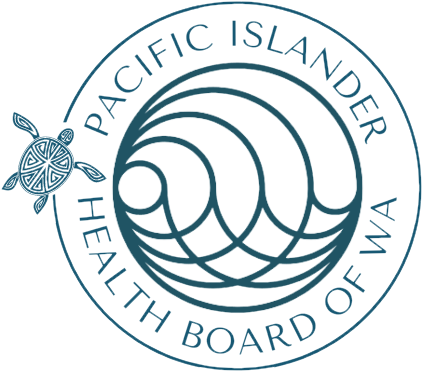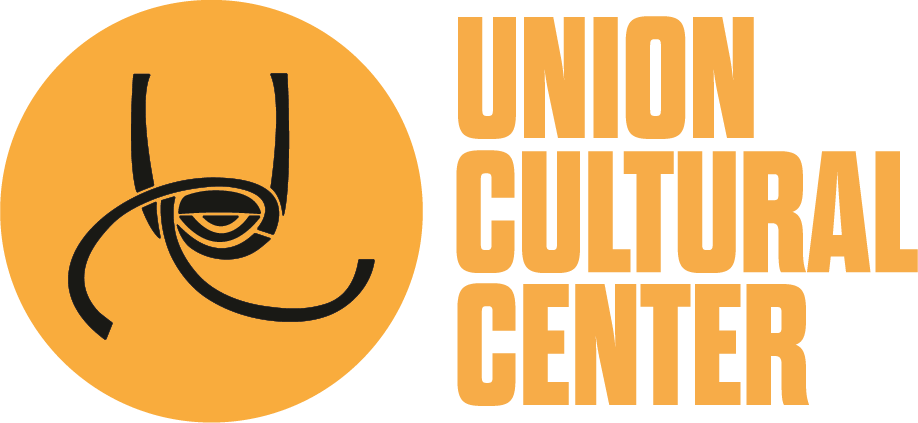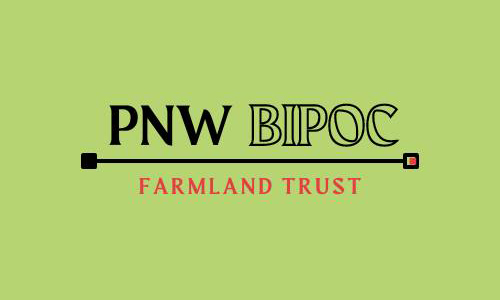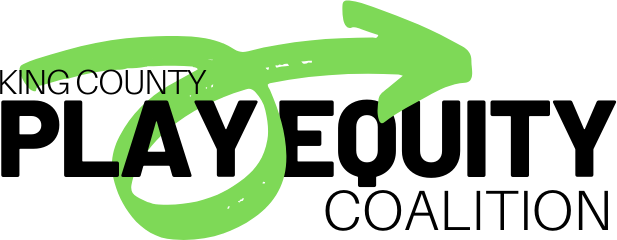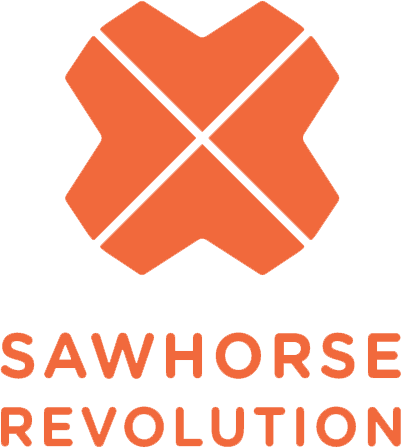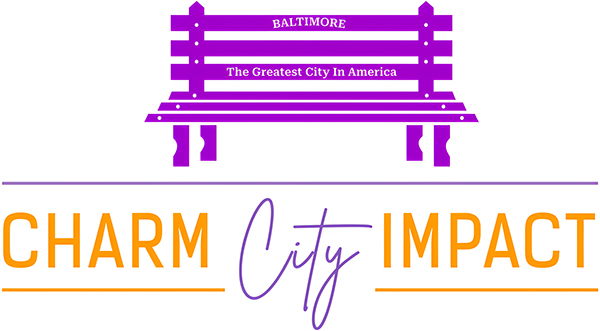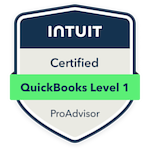I’m Alicia, an accountant and consultant with a background in writing and graphic design. I’ve spent the last 14 years working for and with nonprofits, bringing these seemingly-disparate disciplines together to help nonprofit leaders better understand, use, and share financial information.
I partner with nonprofits and other groups that work to make society more just and equitable. More specifically, the services I offer are:
Accounting is often referred to as “the language of business.” Put another way, accounting is the language of capitalism. Those who speak it hold incredible societal power.
Capitalism is a dehumanizing force. It scares us into believing we live in a world of scarcity, rather than a world of abundance. It pits us against each other; it flattens us into consumers, into numbers. Our modern system of accounting followed on the heels of capitalism as it spread across the world through the violence of colonization and enslavement. Slaveholders in Europe received regular financial reports from their plantations in North America, financial reports which listed “human resources” on their balance sheets next to physical resources like land, equipment, and cash.
This is the legacy of my profession, and my people as a white person. How do I take accountability for this legacy? For me, it is by joining the struggle for collective liberation. Collective liberation recognizes the “interlocking, interdependent nature of systems of domination.” It calls me to use my skills and privileges to champion people, not capital. To cultivate reciprocity, not extraction. To center, as bell hooks put it, a “love ethic.”
Embracing a love ethic means that we utilize all the dimensions of love—care, commitment, trust, responsibility, respect, and knowledge—in our everyday lives... Adopting a love ethic requires individuals to look beyond themselves and make a conscious choice to think about and care for others and embrace where others are in the learning process as we work collectively to transform our society.”
bell hooks
We still live in a world where money is power, where financial information is a cornerstone of decision-making. In an industry that gatekeeps this specialized knowledge, I work to make it accessible. Like my former colleagues at Advocate Accounting, I work to “share the language that opens doors, grant coffers, and pathways to wealth for those who have been excluded.” Is it possible to, as the Industrial Workers of the World put it, “build the new world in the shell of the old?” I don’t know, but I have to try.


